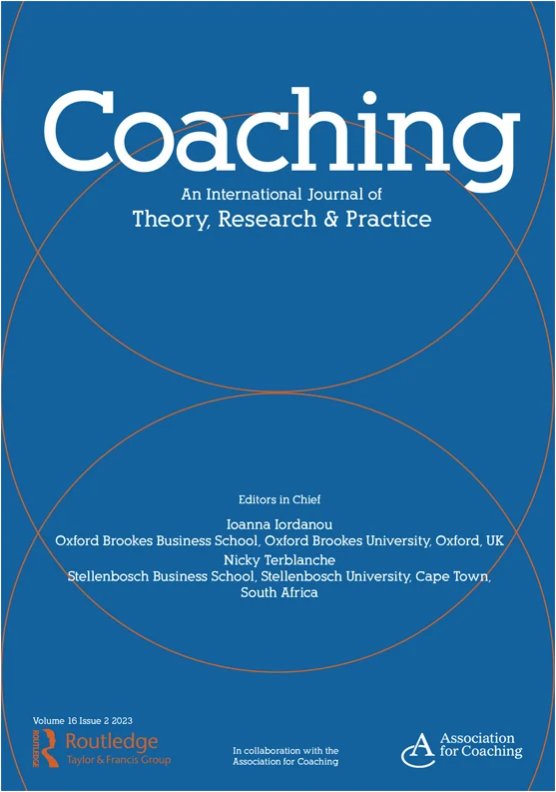Coaching culture: an evidence review and framework for future research and practice
Given the colossal interest in creating 'coaching cultures', we update the 2014 literature review by Gormley and van Nieuwerburgh and extend this work by applying a Systematic Literature Review (SLR) methodology. In doing so, we detangle definitions and the conditions under which 'coaching cultures' can be developed. We also explore contemporary interventions, report on organisational level outcomes, and comment on how progress is measured and evaluated. In total, 1453 papers we reidentified using a systematic search, of which 42 met our initial screening criteria and nine were eligible for inclusion in our final review. Findings show that we remain with an unclear understanding of 'coaching culture'; there is still no agreed definition and the building blocks (i.e., the foundational elements, interventions, outcomes, and measures) remain ambiguous. We recommend a framework for future research and practice and highlight a gap in our understanding of stakeholders' behavioural and cultural patterns vis-à-vis the design and development of coaching culture programmes.
Coaching culture: an evidence review and framework for future research and practice
- Date Published
- Wed, 30th Aug 2023
- Publisher
- Taylor & Francis
- Author
- Kapoutzis, Whiley, Yarker & Lewis
- Reference
- Nick Kapoutzis, Lilith A. Whiley, Jo Yarker & Rachel Lewis (2023) Coaching culture: an evidence review and framework for future research and practice, Coaching: An International Journal of Theory, Research and Practice, DOI: 10.1080/17521882.2023.2250458
- Website
- https://www.tandfonline.com/doi/full/10.1080/17521882.2023.2250458?scroll=top&needAccess=true&role=tab
- Categories
- Keywords
- Coaching, Development, Managers
Given the colossal interest in creating 'coaching cultures', we update the 2014 literature review by Gormley and van Nieuwerburgh and extend this work by applying a Systematic Literature Review (SLR) methodology. In doing so, we detangle definitions and the conditions under which 'coaching cultures' can be developed. We also explore contemporary interventions, report on organisational level outcomes, and comment on how progress is measured and evaluated. In total, 1453 papers we reidentified using a systematic search, of which 42 met our initial screening criteria and nine were eligible for inclusion in our final review. Findings show that we remain with an unclear understanding of 'coaching culture'; there is still no agreed definition and the building blocks (i.e., the foundational elements, interventions, outcomes, and measures) remain ambiguous. We recommend a framework for future research and practice and highlight a gap in our understanding of stakeholders' behavioural and cultural patterns vis-à-vis the design and development of coaching culture programmes.


